The more the fruits of knowledge become accessible to men, the more widespread is the decline of religious belief
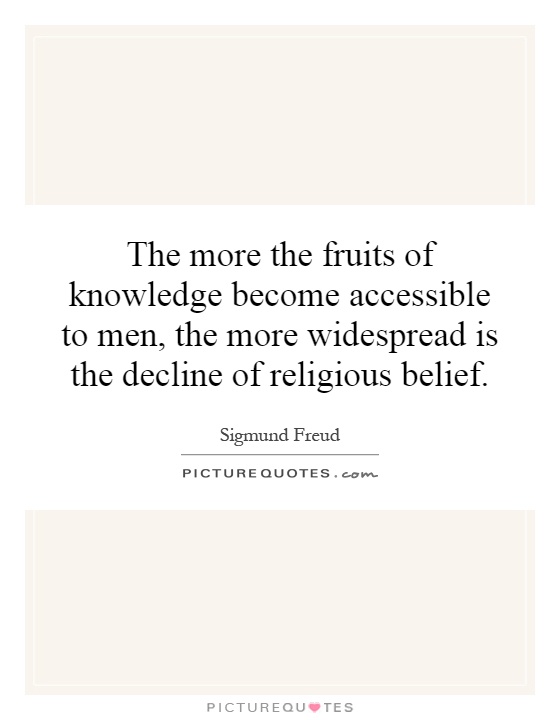
The more the fruits of knowledge become accessible to men, the more widespread is the decline of religious belief
Sigmund Freud, the renowned Austrian neurologist and founder of psychoanalysis, was a firm believer in the power of knowledge and the human mind. He famously stated, "The more the fruits of knowledge become accessible to men, the more widespread is the decline of religious belief." This statement reflects Freud's belief that as individuals gain a deeper understanding of the world through science and reason, they are less likely to rely on religious beliefs to explain the mysteries of life.Freud's theory of the unconscious mind and his exploration of human behavior through psychoanalysis challenged traditional religious beliefs and practices. He argued that religion was a form of wish fulfillment, a way for individuals to cope with the uncertainties and anxieties of life by creating a comforting illusion of a higher power. Freud believed that as people gained a better understanding of their own minds and motivations, they would no longer need to rely on religion for solace and guidance.
Freud's ideas were revolutionary in their time and continue to influence modern psychology and philosophy. His emphasis on the power of reason and the importance of self-awareness has led many to question the validity of religious beliefs in the face of scientific knowledge. As advancements in technology and education have made information more accessible than ever before, the decline of religious belief has become more pronounced in many societies.
However, it is important to note that Freud's views on religion were not universally accepted. Many critics argued that his theories were reductionist and failed to account for the complexity of human spirituality and faith. While Freud's ideas have undoubtedly had a significant impact on the way we think about religion and belief, they are just one perspective among many in the ongoing debate between science and religion.
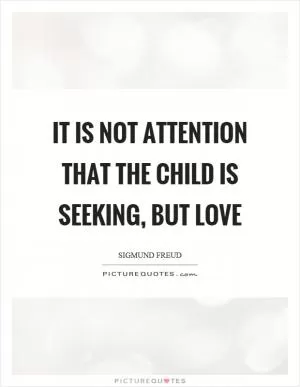







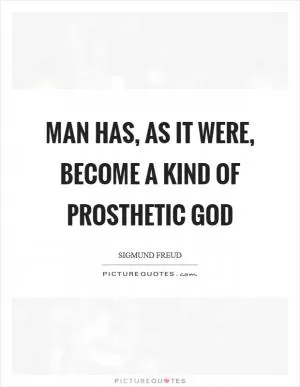
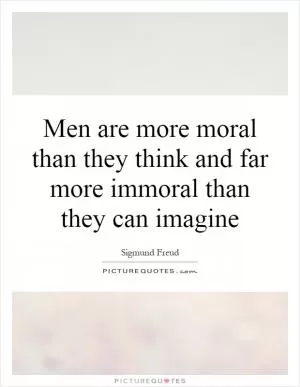
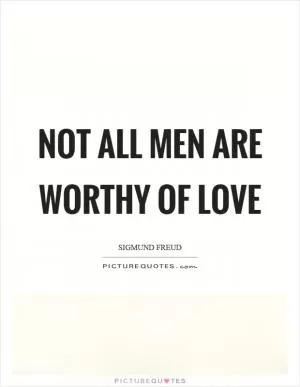
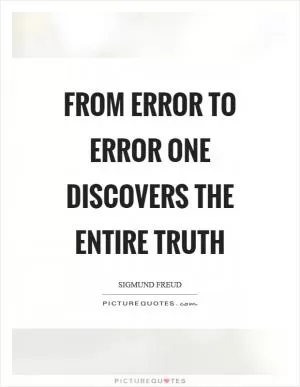
 Friendship Quotes
Friendship Quotes Love Quotes
Love Quotes Life Quotes
Life Quotes Funny Quotes
Funny Quotes Motivational Quotes
Motivational Quotes Inspirational Quotes
Inspirational Quotes